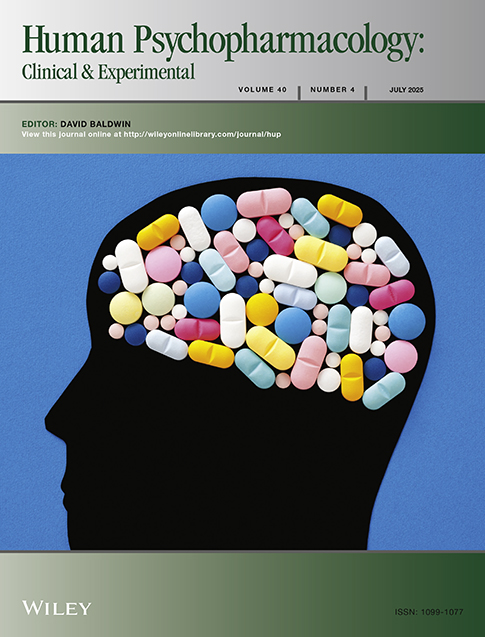Remoxipride versus thioridazine in the treatment of first episodes of schizophrenia in drug-naive patients: A case for specific, low potency D2 antagonists
Abstract
Remoxipride, a substituted benzamide, is a selective D2 antagonist with an atypical neuroleptic profile. Previous studies have demonstrated its antipsychotic efficacy against haloperidol and, more recently, thioridazine. of the 144 patients enrolled in the Australian remoxipride–thioridazine comparative trial, 28 presented for their first episode of schizophrenia and/or had no previous neuroleptic treatment. These patients form the subject of this paper.
The study found that in persons presenting for their first admission for schizophrenia, remoxipride showed equal antipsychotic efficacy compared to thioridazine. Treatments were comparable in terms of generating few extrapyramidal symptoms but thioridazine caused more significant general side-effects. Patients are more likely to be compliant with remoxipride due to its tolerability.
Despite remoxipride being withdrawn from the market due to a suggested association with aplastic anaemia, this class of substituted benzamides warrants further examination as a treatment agent for first and subsequent episodic psychosis.




